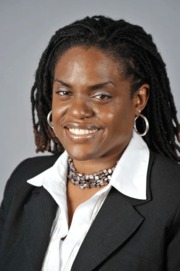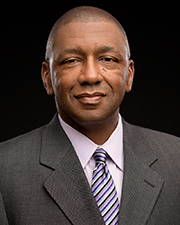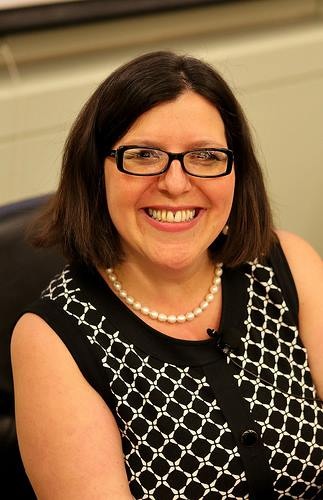Pamela Petrease Felder, Howard C. Stevenson, and Marybeth Gasman
Understanding Race in Doctoral Student Socialization
|
Abstract
Qualitative data from 11 African American doctoral degree completers in the field of education are analyzed to identify how race intersects with faculty advising and mentoring, faculty behavior,and faculty diversity and the ways in which they support or hinder doctoral student socialization. Race is considered as an influence on the academic processes associated with socialization during doctoral study. Previous research highlights that racial experiences are a significant aspect of academic success and persistence for specific racial and ethnic groups. However, very little is known about race as it relates to doctoral student socialization, specifically. A racial socialization framework serves as a guide for examining the confluence of race and doctoral student socialization. This study is guided by the following questions: In what ways are racial experience engaged during the doctoral process? How does the racial experience support or hinder doctoral student socialization? In what ways does the racial experience influence doctoral student degree completion and success? The faculty-student relationship is highlighted as a key feature of understanding racial experience as it relates to the doctoral student socialization. Findings present several situations where race is considered as intellectual and identity priorities as students experience doctoral student socialization. Several strategies are presented to support students who consider race during the doctoral process in an effort to promote their academic success and degree completion.
|
Biographies:
Pamela Petrease Felder: Dr. Felder’s research focuses on the racial and cultural experiences associated with doctoral degree attainment. Particularly, she is committed to enhancing models of doctoral student socialization She believes that an understanding of the doctorate, has tremendous implications for learning and/or addressing many areas of higher education that have been viewed historically as problematic. The foremost concern in her research is the discussion of inequity in access in postsecondary education. Thus, her work not only examines the statistical trends of the doctoral degree attainment it also explores pre-doctoral and post-doctoral degree experiences to shed light on the socialization aspects of students who enter doctoral study and the disciplinary identities of doctoral degree holders as they begin to engage in their professions. In August 2010 Dr. Pamela Felder joined the faculty of the Higher Education Program in the Graduate School of Education at the University of Pennsylvania. Dr. Howard Stevenson: Dr. Howard Stevenson is the Constance Clayton Professor of Urban Education, Professor of Africana Studies, and former Chair of the Applied Psychology and Human Development Division in the Graduate School of Education at the University of Pennsylvania. From 1994 to 2002, he was faculty master of the W. E. B. DuBois College House at Penn. In 1993, Dr. Stevenson received the W. T. Grant Foundation’s Faculty Scholar Award, a national research award given to only five researchers per year which funds five years of research. In 1994, Dr. Stevenson was a Presidential Fellow at the Salzburg Seminar in American Studies, where 35 other community activists and researchers from 30 countries to present their community health intervention projects. In 1995, Dr. Stevenson served on a 12-member academic panel to consult on the development of a National Strategic Action Plan for African-American Males, sponsored by the National Drug Control Policy Office in the Office of the President. Dr. Stevenson has served for 29 years as a clinical and consulting psychologist working in impoverished rural and urban neighborhoods across the country. Marybeth Gasman: Marybeth Gasman is a Professor of Higher Education in the Graduate School of Education at the University of Pennsylvania. She holds secondary appointments in history, Africana Studies, and the School of Social Policy and Practice. She also directs the Penn Center for Minority Serving Institutions.Dr. Gasman's areas of expertise include the history of American higher education, historically black colleges and universities, minority serving institutions, African American leadership, and fundraising and philanthropy.She has written or edited 21 books, including Envisioning Black Colleges: A History of the United Negro College Fund and Understanding Minority Serving Institutions (with Benjamin Baez and Caroline Turner). Dr. Gasman has a forthcoming book (with Clifton Conrad) titled Educating a Diverse Nation: Lessons from Minority Serving Institutions(2015).Eight of Dr. Gasman’s books have won research awards. | ||||||


